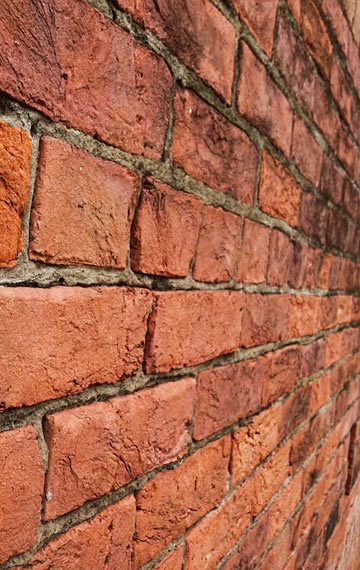
We are specialists in brick matching any feature to an existing brick structure.
We can copy and match any type of brick, pattern, cement and surface.
You already have your brick house and now want a feature to match..
- Fence
- Letterbox
- Driveway
- Path
- Garage
- Wall
- Extension
Heritage Bricks
Finding an experienced bricklayer is only half the challenge.
Sourcing replacement bricks for the job is often the biggest goal.
With thousands of brick manufacturers, many that no longer operate, bricks must be sourced from available sources.
- Second hand
- Refurbished
- Remanufactured
- Reclaimed
Making bricks is a very resource and energy-intensive process. Meanwhile, when existing brick buildings are demolished, most of the resulting debris, which can contain many thousands of whole bricks, is sent to landfill or crushed.
- Colour
- Style
- Size
- Brand / Manufacturer
- Classification
Bricks consist of fired ceramic, clay, or cement materials that are cut into specific shapes, such as a rectangle, and used for building walls or furnaces or for paving surfaces. Bricks vary in material makeup, size, and shape and include products for specific applications, such as firebricks or refractory bricks, acid bricks for flooring, and bricks for masonry applications.
Materials
Bricks are manufactured using raw materials such as clay, concrete, calcium silicate, or shale mixed with a specific amount of water. They are shaped or extruded and then kiln-dried to hardness. A relatively new type of brick composed of fly ash, a by-product of burning coal, came on the scene in 2007. Fly ash bricks are just as strong as traditional clay bricks, but they may contain small amounts of pollutants such as heavy metals.
Specifications
Bricks vary by the ratio of raw material to water and how they are formed. For example, the stiff mud process uses 12%-15% water and extrudes the formed bricks through a die. The soft mud process uses 20%-30% water and forms bricks in molds. The dry press process uses less water than the previous two, only 10%, and forms the bricks in molds under high pressure. All types of bricks are dried in furnaces or kilns to ensure proper characteristics such as durability, hardness, and weather resistance. The material-to-water ratio, forming process, temperature, and time in the furnace all depend upon how the finished bricks will be used.
OLD STYLE VALUES THAT COUNT!
Allow our specialist tradesperson to quote on your specific needs.
Call 0421 961 663 for an instant quote | Request Online Quote
 Proudly supported by Service.com.au
Proudly supported by Service.com.au
Service.com.au is the #1 place for Australians to connect with local, verified trades and service providers.
We make it easy for you to choose a service provider that best suits your needs, which is why we give you the opportunity to compare quotes, view the past work of the business and read reviews from other people in your community.
 Proudly supported by heritage.vic.gov.au
Proudly supported by heritage.vic.gov.au
Heritage Victoria lists people who can provide specialist services to owners or managers of heritage properties.















